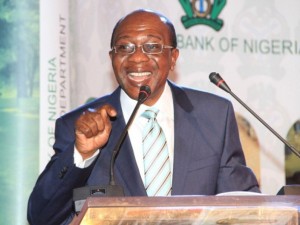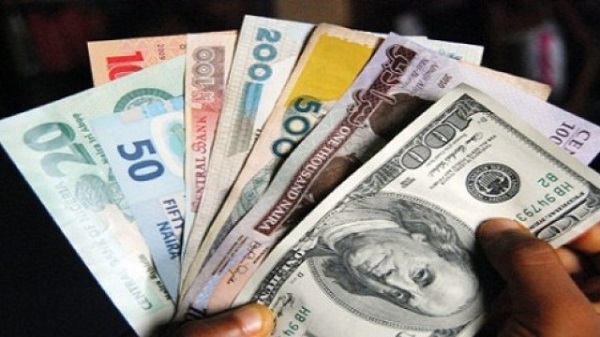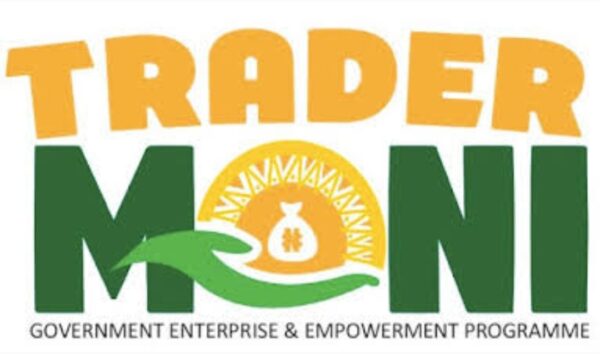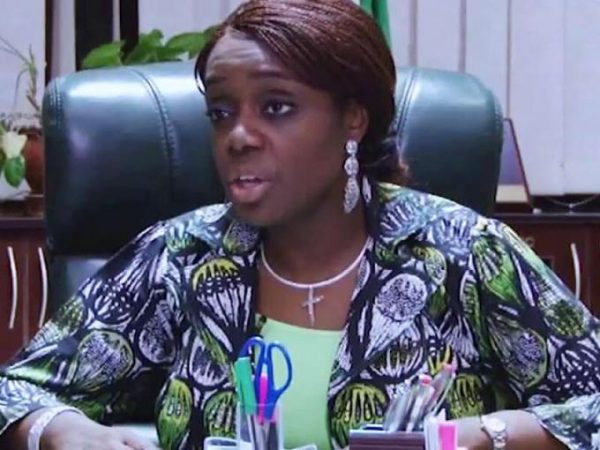Emefiele, Ajibola optimistic about economic recovery

The Governor, Central Bank of Nigeria, Mr. Godwin Emefiele, and the President, Chartered Institute of Bankers of Nigeria, Prof. Segun Ajibola, have expressed the hope that the nation will soon begin to experience economic recovery.
They said although the economy was facing challenges, there was hope that the country would come out of the challenges.
They spoke at the annual Bankers’ Night organised by the CIBN in Lagos.
Emefiele, however, said that to remedy the situation, there would be a need to rebuild infrastructure through government and private sector funding; pursue growth-enhancing fiscal policies and pay closer attention to agribusiness.
He also called for the implementation of the 2003 Cabotage Act as well as non-oil exports and import-reducing policies.
He added, “For those who say we need a rate cut to spur growth, we need to remind them that high inflation is inimical to economic growth. Indeed, many empirical studies have estimated the threshold level at which inflation becomes growth retarding to be 11 per cent for developing countries. With ours at 18.3 per cent, one must question the judgment of cutting interest rates at this time.”
Ajibola, who expressed the hope that 2017 would be better, recalled that the current year had been a bit challenging for the banking sector.
He said, “There is no gainsaying the fact that the year 2016 has been awash with mixed feelings, both at the global level and the domestic space. At the beginning of the year, several projections were made and palpable apprehensions filled the air on the not-too-promising global economic outlook. As events unfold, some of these projections and apprehensions were confirmed while other events which have defied experts and analysts’ forecasts continue to redefine the theory and practice of global politics and business.
“In June 2016, the World Bank revised its 2016 global economic growth forecast down to 2.4 per cent from the 2.9 per cent projected in January.”
The move, the bank said, was due to sluggish growth in advanced economies, low commodity prices, weak global trade, diminishing capital flows and inability of commodity-exporting emerging markets to adapt to lower prices for oil and other key commodities.”







